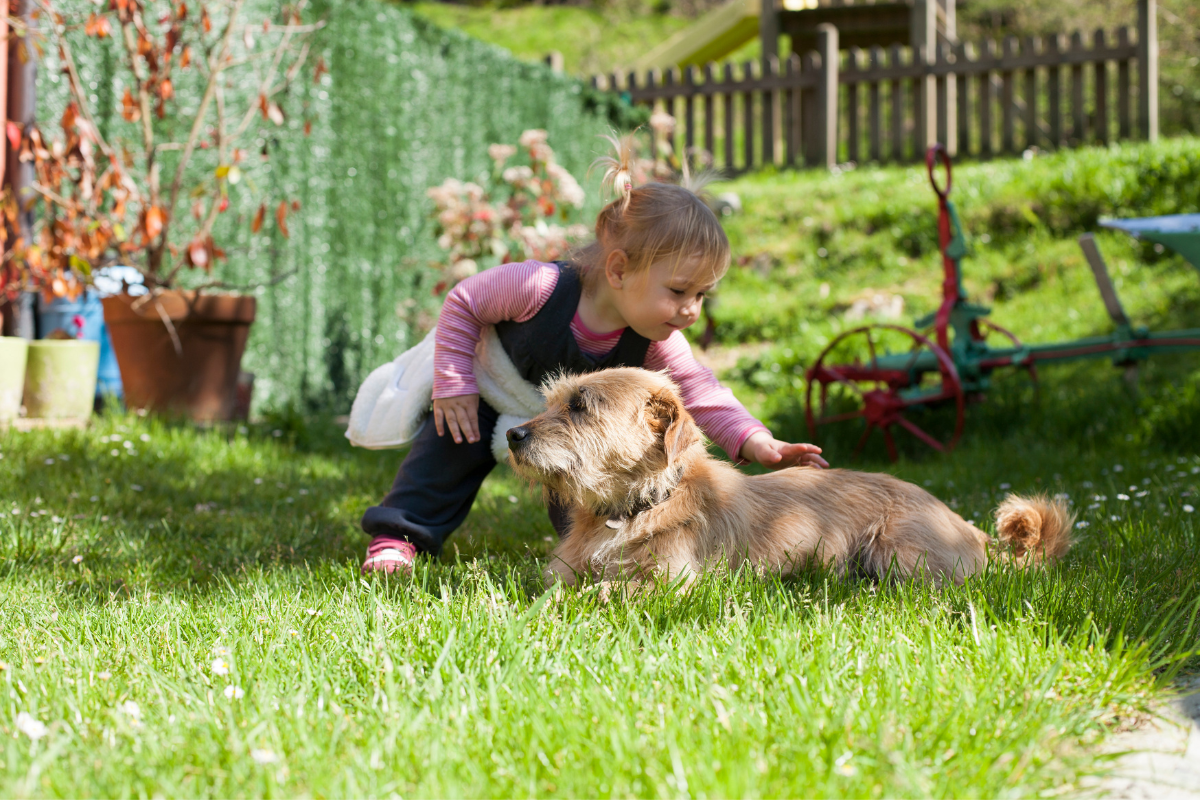

The summer months can be uncomfortable and even dangerous for your pets. Households in our area can experience some extreme heat, humidity, and possible power outages throughout the summer months.
Weather experts are forecasting warmer than usual temperatures throughout the summer. Make sure your household is prepared for the summer heat with these tips:
“But I’m just running in for a second…” No! Not even with the car running and the air conditioner on. Your pet is NEVER safe in a parked car, especially during the summertime when temperatures inside a vehicle can reach 102 degrees in only 10 minutes. Running a bit late? After 30 minutes the temperature can reach 120 degrees. That’s HOT. Pets that are left in hot cars can suffer irreversible damage to their organs or even die.
A hot summer day can seem even hotter when humidity levels get above 80%. Just imagine how your pet feels. Animals pant to evaporate moisture from their lungs. This helps them regulate body temperature. If the humidity levels are too high, your pet may not be able to cool themselves fast enough and their body temperature could rise to dangerous levels and FAST. Which brings us to our next point – Heat Strokes!
Extreme temperatures can cause a heatstroke in both humans and animals. Common signs of a heatstroke are
Animals who are overweight, very young or very old, have heart or respiratory problems, or just aren’t used to prolonged exercise are particularly at risk for having a heatstroke.
You like to be comfortable on extremely hot days by sitting in the AC, resting under a ceiling fan, or even taking a dip in the pool. But your pets don’t cool off in the same way you do. You should never rely on a fan to keep your pets cool. For example, dogs sweat though their feet making it harder for them to get relief from simply laying in front of the air conditioner or fan.
Make sure you are also proving your pet with ample shade and water, especially while outdoors. Tree shade and tarps are ideal because they do not obstruct airflow. A doghouse DOES NOT provide relief from summer heat, it actually makes it worse. You can also add ice cubes to your pets water bowl to help keep water nice and cool outside.
You can even DIY some quick and safe pupsicles for your dog! Some other options for keeping pets cool are cooling body wraps, vests, or mats. If your pets enjoy water, a kiddie pool with clean cool water can also do the trick (and maybe even provide some entertainment for the kids too!).
Power outages are especially common during late summer months when more powerful storms are moving through the area. Create a disaster plan to help keep your pets safe in case of an emergency. Power outages on hot summer days can leave your family and pets without access to air conditioning, running water, and fans. Make sure you have a plan in place for events like this to keep everyone cool and happy!
Whether you’re a seasoned pet owner or a first-timer, the safety of your furry friends should be top of mind, especially during the summer months. Make sure your family and pets stay safe and cool in the summer by scheduling a tune-up for your AC unit!
We make getting your HVAC system running in tip-top shape easier than ever! With several service plans available, you can choose one that fits your budget and protects your household from unexpected repairs. Get in touch with our team today to start, or call us at 1-800-839-1849.